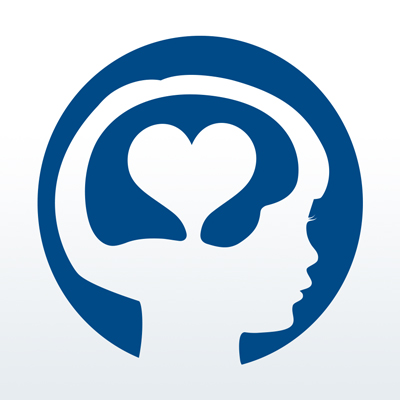Independent research study on Preschool Promise classrooms using Conscious Discipline indicates that Conscious Discipline implementation positively influences classroom quality and children’s executive function skills.
Fuhs, M. (2018). Preschool Promise Child Assessment Technical Report 2017-2018. Dayton, OH: University of Dayton.
Type of Report: Research report, correlational
Summary: This study looked at the fidelity of Conscious Discipline (CD) implementation and child level outcomes in 45 Preschool Promise classrooms during the 2016-2017 school year. Preschool Promise is a county-wide preschool program that is designed to improve access to and quality of preschool for 4-year old children in Dayton and Montgomery, Ohio. The Anderson et al 2020 study included 45 teachers, who had been using CD for an average of 2 years, and 293 preschool-aged children. Teachers participated in a 3-day CD training, and some (number not reported) received coaching from a trained CD coach. In the fall, the CD coach visited classrooms to conduct a fidelity checklist developed by CD to measure implementation quality, rated on a scale of 1 through 4. Classrooms were also observed by a trained CLASSTM assessor to measure classroom quality in the fall and spring. Children’s school readiness skills were assessed through the Bracken Basic Concept Scale-Third Edition: Receptive (BBCS-3:R; Bracken, 2006) (this tool is part of the existing procedure in Dayton Public Schools). From the Bracken, researchers examined the School Readiness Composite (5 subtests), the Self-/Social Awareness subtest, and the Quantitative Skills subtest. In addition, children’s executive function skills were measured through the Minnesota Executive Function Scale (MEFS) iPad application (Carlson & Zelazo, 2014). Children were assessed in the fall and spring of their preschool year.
Evidence/Findings: Results found that higher teacher fidelity to the Conscious Discipline model was associated with higher classroom quality. CD fidelity was most closely associated with the CLASS Classroom Organization domain, followed by the Emotional Support domain. While most of the classroom CD fidelity scores were significantly correlated with the CLASS scores of the classrooms, the correlations were not very high, suggesting that the CD fidelity scores were capturing something unique from the CLASS scores. Children in classrooms with higher CD implementation fidelity had higher executive function skills in the spring. Specifically, fidelity to the Managing Classroom Behavior domain of the CD fidelity rubric (including classroom rituals, meaningful jobs for children, and class meetings) was significantly associated with improvements in executive function skills. Finally, higher fidelity to the Providing Emotional Support domain of the CD fidelity rubric (including use of the Safe Place and Friend & Family or Wish Well boards) was significantly associated with children’s higher scores on the BBCS-3:R Self-/Social Awareness domain. These results were true even after controlling for the overall classroom quality as measured by CLASS scores. The current study suggests that CD implementation positively influences classroom quality, as well as children’s executive function skills. The authors did not find a significant relationship between teacher fidelity and children’s basic academic skills.
Access the article published in Early Childhood Research Quarterly here.
Research About Conscious Discipline
Conscious Discipline has engaged Child Trends as a research partner for enhanced research support. Child Trends is the nation’s leading nonprofit research organization focused exclusively on improving the lives of children and youth, especially those who are most vulnerable. Data supporting research about Conscious Discipline is conducted systematically and according to specific research and data collection guidelines. These guidelines facilitate the collection of reliable and valid data about implementation outcomes. If you’re interested in conducting research on Conscious Discipline or learning more, submit a research query.
Upcoming Events
- Conscious Discipline Institute in Asheville, NC: Summer Educator Event
- Conscious Discipline for Administrators: Becoming a More Conscious Administrator: Educator Event
- Building Your Base: Planning Your CD Journey: Education Event in New Orleans, LA
- Conscious Discipline Institute in Philadelphia, PA: Summer Educator Event
- Adult Self-Regulation: Supporting Neurodivergent Children: Education Event in Orlando, FL
- Brain Ready: The Power of Ritual and Routines in Early Childhood: Education Event in Edmond, OK




